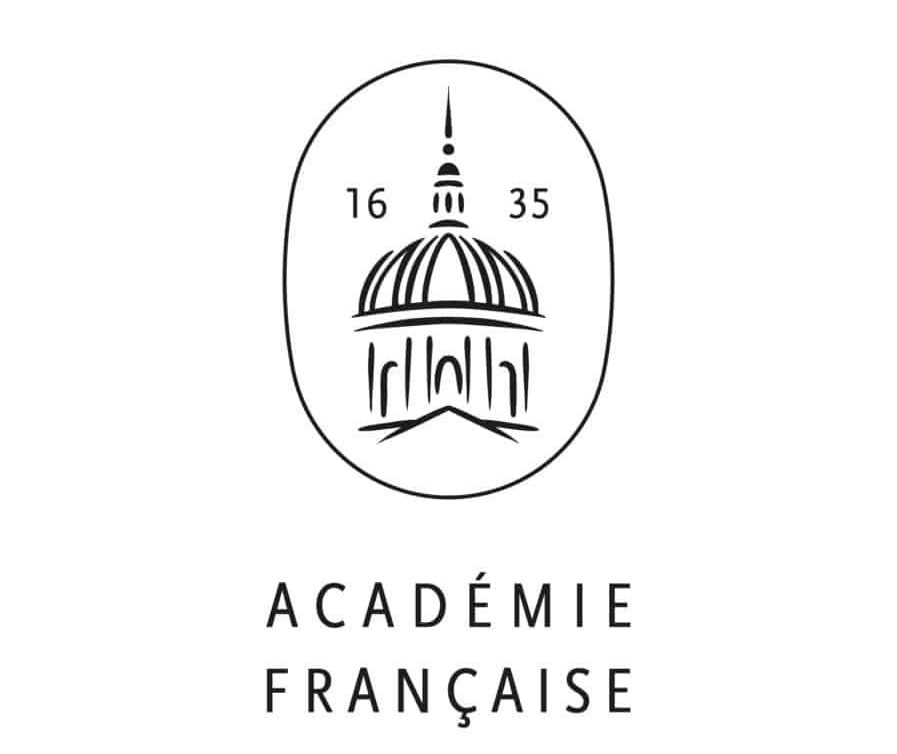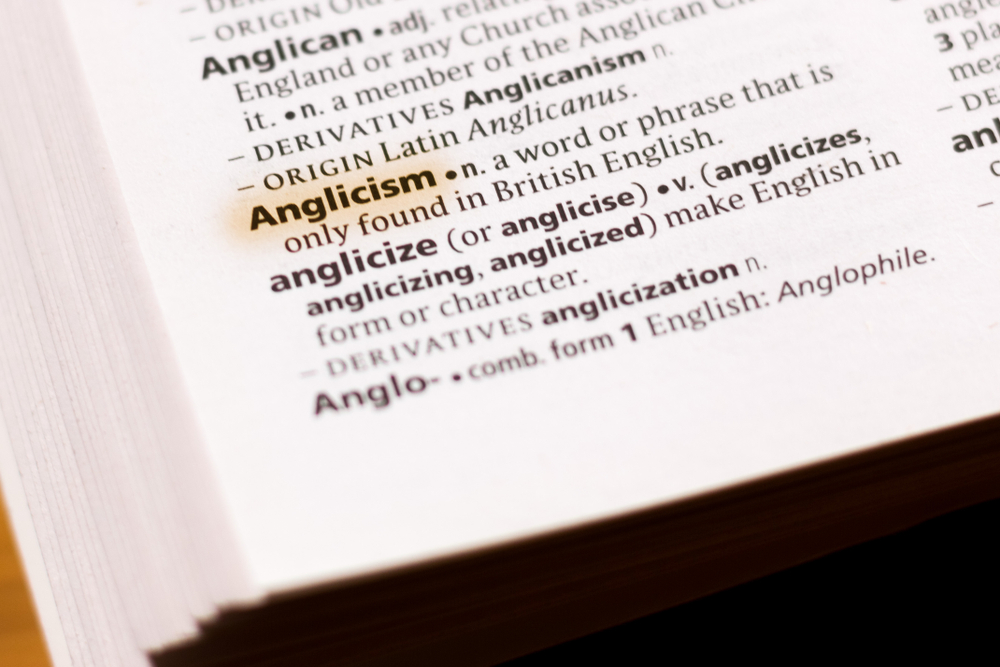The Rise of Anglicism’s in French: Cultural Erosion or Linguistic Evolution? – A Brit’s Perspective
As a Brit who has found themselves living in the heart of France, I cannot help but notice the subtle yet significant shifts occurring in the French language. While strolling through the bustling streets of Paris or sitting in a quaint bistro, one might catch snippets of conversations peppered with English words and phrases, or simply see ‘Iced Latte’ on a menu in place of what ten years ago, would have read ‘Latte Glacé’.
Anglomania:
The New Normal in French Discourse?
This phenomenon, known as Anglomania or the increasing use of Anglicism’s in French, has sparked much debate among linguists, purists, and language enthusiasts alike. It’s fascinating to consider the historical context of language exchange between English and French.
The linguistic interplay between these two languages dates back centuries. It can be traced back to the Norman invasion of 1066. Estimates suggest that around 30 percent of English vocabulary has French origins.
10 Tips to Master French Quickly!
However, in today’s era of continued globalization and technological advancement, the flow of linguistic influence seems to be shifting. Modern English is making its way into the French lexicon more than ever before. Whether it’s in the realms of technology, business, or pop culture, English words and phrases are becoming increasingly integrated into everyday French discourse. As someone who straddles both cultures, I must admit to feeling a certain fondness for this linguistic crossover.
Living in France, I’ve observed firsthand how the infusion of English vocabulary adds a dynamic flair to the French language. It’s not uncommon to hear phrases like « fast food, » « brainstorming, » or « streaming » seamlessly woven into conversations. Yet, amidst my appreciation for this linguistic fusion, I find myself grappling with a fundamental question:
Are Anglicism’s a boon or a bane for French culture?
The French Language:
Tradition vs. Innovation
On one hand, proponents argue that the adoption of English words reflects France’s openness to global influences and its ability to adapt to the ever-changing landscape of communication. In an era where English serves as the lingua franca of international business, science, and technology, embracing Anglicism’s can be seen as a pragmatic response to the demands of an interconnected world. Moreover, some argue that the incorporation of English words into French enriches the language. It adds nuance and precision where traditional French vocabulary may fall short. For instance, terms like « le marketing » or « le brainstorming » convey specific concepts that may not have direct equivalents in French. This therefore allows for clearer communication in certain contexts.
On the other hand, critics warn against the dilution of French identity and the erosion of linguistic purity. French, with its rich history and cultural significance, holds a special place in the hearts of its speakers. The Académie Française , tasked with preserving the integrity of the French language, has long been vigilant against the encroachment of foreign influences. Some fear that the widespread use of Anglicism’s could lead to a loss of linguistic diversity and homogenization of global communication. They argue that by defaulting to English terms, speakers may inadvertently diminish the ‘je ne sais quoi’ that makes French uniquely beautiful and expressive.
Embracing the Hybrid:
Finding Harmony in Language
Reflecting on these arguments, I can’t help but feel torn. I appreciate the convenience and pragmatism of incorporating English words into French, especially as someone navigating life in a bilingual environment. Yet, I also recognize the importance of preserving the essence of French culture and language. Ultimately, I believe there’s room for a balanced approach. Embracing Anglicism’s doesn’t necessarily mean abandoning French traditions or neglecting the rich tapestry of the language. Rather, it’s about finding a harmonious coexistence between tradition and innovation, heritage and globalization. As long as French remains a vibrant and evolving language, enriched by its interactions with other languages, it will continue to embody the essence of French culture and identity.
As I continue my journey of exploration in France, I remain hopeful that the French language will continue to evolve. Through this, is can draw on strength from its past while embracing the opportunities of the future. After all, language, like other elements of culture, is an ever-evolving entity. And perhaps, in this evolving landscape, there’s a place for both « le croissant » and « le muffin, » « la baguette » and « le sandwich. »
To Round Up:
Whether Anglicism’s are a good or bad thing for French culture may depend on one’s perspective. As for me, I’ll continue to savor the delightful interplay between English and French, finding joy in the fusion of two worlds and celebrating the richness of linguistic diversity.
In closing, Victor Hugo’s words in the preface to his play Cromwell ring true: « La langue française n’est pas fixée, et ne se fixera point. Une langue ne se fixe pas. L’esprit humain est toujours en marche, ou, si l’on veut, en mouvement, et les langues avec lui. »
As we witness the introduction of anglicisms into French, it’s imperative to remember that while preserving the essence of the French language is crucial, linguistic evolution is inevitable. Just as Hugo suggests, language is fluid, adapting alongside the ever-changing human intellect. Therefore, while embracing the rich heritage of French, we must also acknowledge the dynamic nature of language, welcoming new expressions and influences that contribute to its vibrant evolution.
Absolutely French is the first French school dedicated solely to expatriate spouses.
Our main mission is to encourage dual careers among expatriate couples.
With our fun, friendly and innovative French training courses, we guarantee you a successful integration!
Want to learn with us? Register an expatriate spouse?
Contact us!
Email: contact@absolutely-french.eu
Tel: 01 83 73 98 49
Address: 15 rue du Colonel Moll, 75017, Paris.






Comments by Absolutely
Les fêtes en France
Hello Koby, of course, you are welcome to share it ❤️
Conjoint d’expatrié, comment s’intégrer en France?
Thank you Wyatt! Are you also an expat partner? An ...
5 millions de femmes expatriées : conjoints d’expatriés
Merci Vieira Elisangela, pour toutes les femmes expatriées! Nous avons besoin ...
Alexandre Besombes – Unique Paris, conciergerie de luxe
Hello @IrenStymn, in Absolutely French or in Unique Paris? It's ...
Les fêtes en France
Thank you Gavin! We love your comment! We will continue and ...